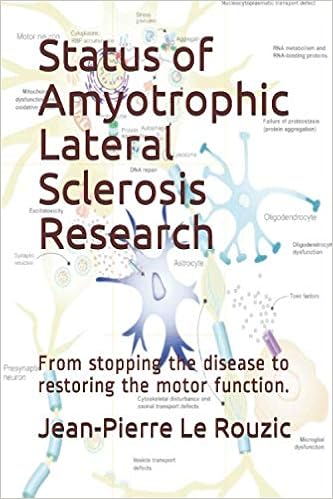Estimating the clinical progression of a disease in a standardized way helps communication between medical specialists. For ALS there is the King's college clinical stage progression rate, which is adapted from Braak's staging. Yet it is very difficult in practice to evaluate correctly the stage where an ALS patient stands.
Scientists wanted to estimate King's college clinical stage progression rate (ΔKC) at first clinical evaluation in order to define its predictive and prognostic role on survival in a large cohort of Amyotrophic Lateral Sclerosis (ALS) patients.
They calculated ΔKC with the following formula: 0 - KC clinical stage at first clinical evaluation/disease duration from onset to first evaluation, and each result was reported as absolute value.
All the evaluations were performed in two cohorts: one from their tertiary health centre for motor neuron disease and the other one from a pooled resource open-access ALS clinical trials (PRO-ACT) database.
The tool C-statistic was used to evaluate the model discrimination of survival at different time points (1-3 years). Cox proportional hazard model was used to identify factors associated with survival.
The scientists found that ΔKC predicted survival at three years in their medical centre and in the PRO-ACT cohort. At multivariate analysis, ΔKC was independently associated with survival both in their cohort and in the PRO-ACT cohort.
Based on these results the authors think that ΔKC could be used as a novel measure of disease progression, hence as an accurate predictor of survival in ALS patients. Indeed, greater values of ΔKC were associated with a 3.5-fold higher risk to experience the event, confirming its robust prognostic value.
Read the original article on Pubmed

